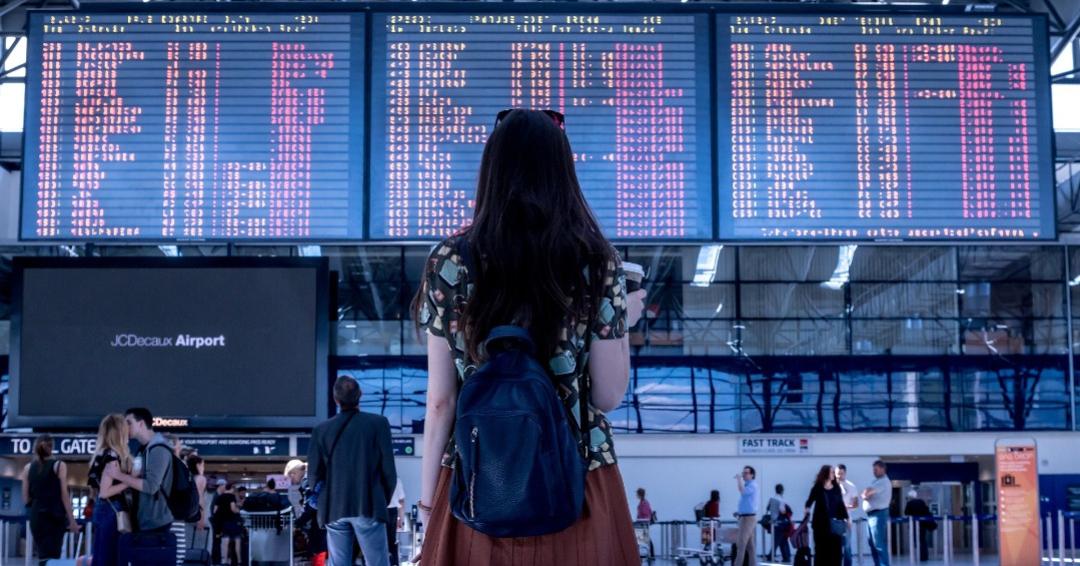The development of greener jet fuels is crucial for achieving climate-friendly flying and the UK government's "jet zero" goal by 2050. However, according to the Royal Society, there is currently no clear alternative to traditional fuel. The impact of flying on greenhouse gas emissions is significant, with 2.4% of global emissions and 8% of UK emissions attributed to air travel. As demand for flights is expected to increase, governments and the aviation industry are exploring ways to reduce the climate impact of traditional kerosene fuel. The Royal Society report examined four options for greener fuels to replace the 12.3m tons of jet fuel used annually in the UK, but the report concludes that none of these alternatives could replace fossil jet fuel in the short term.
Airlines are currently using small amounts of biofuel made from crops, but this accounts for just 0.5% of fuel used at London Heathrow. The Royal Society warns that producing enough biofuel to supply the UK aviation industry would require half of Britain's farming land. Another option is green hydrogen fuel, but the UK does not currently generate enough renewable electricity to produce sufficient quantities.
Existing plane engines are not compatible with hydrogen-based fuels, which presents a major barrier to their widespread use. While ammonia and synthetic fuels are being considered, they also require large amounts of green hydrogen, and it is uncertain whether existing planes can use them. In the long term, it is likely that a viable alternative fuel will be developed, but it will require redesigning airplanes and airports. Environmental campaigners are advocating for more research into sustainable aviation fuels, arguing that the UK could become a global leader in this area by investing in finding solutions.
To answer the concerns, the UK airlines trade body, Airlines UK, stated that sustainable fuels are safe and increasingly used by the aviation sector, and that they are committed to achieving the "jet zero" target by 2050. They also argued that the UK has sufficient feed stocks for sustainable fuels, and that they are sourced from waste and waste gases, rather than food crops.
However, environmental campaigners argue that reducing air travel demand is also necessary, and are calling for a Frequent Flyer Levy to target the small number of people responsible for 70% of flights. Not all aspects of modern life have easy technological solutions for reducing their environmental impact. Sometimes ,all we need to do in order to protect the environment, is to refrain from the activities that are harming it.
Source: bbc.com

